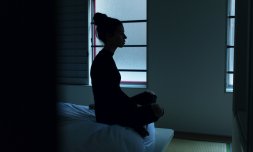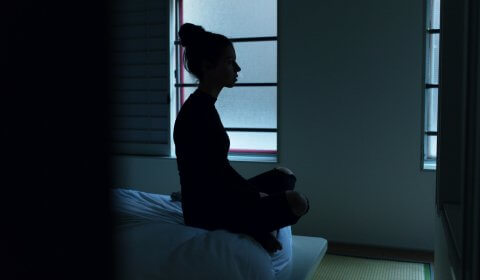With more social media users buying into the idea that perceived flaws must be dealt with before they’ve even begun, Gen Z now spends more on skincare than any other generation.
At 26-years-old, my skincare routine consists of splashing my face with cold water, aggressively rubbing my makeup off with a towel, and lathering on some moisturiser if I can be bothered.
My minimalist approach is worlds away from some Gen Zers who’ve recently been posting tips to avoid signs of ‘ageing’. A teenage TikToker has gone viral for sharing a multi-step anti-ageing regimen that makes Gwyneth Paltrow look chill by comparison.
Her video received widespread negative attention online, with many vocalising fears that Gen Zers are feeling pressure to conform to unattainable beauty standards.
Lambasting the ‘bleak’ nature of the industry and the increasingly harmful impact of social media on the self-esteem of impressionable young women, one Twitter user wrote, ‘I hate how so many girls are losing their childhoods to social media and the beauty industry – there’s something so sinister about a 14-year-old girl obsessing over slowing down the ageing process.’
And she’s right. The routine, which involves apple cider vinegar pills, retinol (which according to Healthline can help reduce the development of wrinkles), and ‘three fingers’ worth’ of sunscreen would be, as some have argued, acceptable if the sole focus were UV protection.

But it isn’t. It’s yet another example of how kids are being made to fixate on their appearance and buy into the idea that perceived flaws must be dealt with before they’ve even begun.
‘This is so disturbing,’ responded @fruitlo0pzZ to the aforementioned tweet. ‘It’s why I believe we should have separate social media for minors and adults because they are consuming the same content that we are. A 14yr old shouldn’t be living a life like a 30yr old. I feel like the lines are becoming blurred.’



















